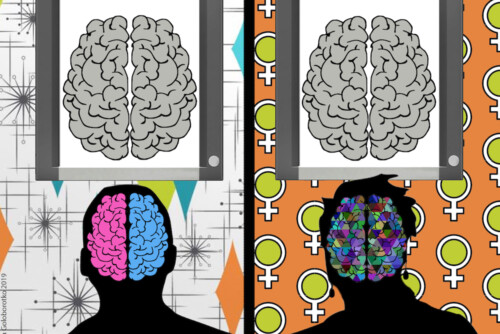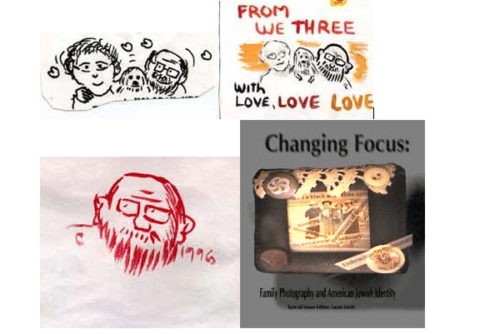So far, the loving familia built around my daughter has not prevented other girls who know how to get around Internet parental controls from sharing their secrets with her. She still knows and interacts with girls who are more interested in hooking up than playing four square. But now she has somebody to talk to about it all. She has people who can help her make healthy decisions and are listening specifically for her voice, looking for her presence.
In centering and prioritizing my daughter, societal pressure to be the best supermother a daughter could possibly have eased rather than increased. Rather than becoming a martyr mommy who lives for her child, queering up mommyhood, or rather the mamihood, has opened space for creativity, ambiguity, and free time. An organizing meeting is no longer something for which I have to find a babysitter or pack a massive amount of toys, food, and books, it’s something that my daughter attends as an equal. She is a part of the community we are organizing—why wouldn’t she be there? The pressure on me to attend to two separate communities at the same time fades a little more each time we, as a community, deconstruct old borders and embrace the reality that feminism*s* is where the answers are, because we all need more than one answer, just like we all need more than one mami.
Because of course, the reality is that the infrastructure in far too many neighborhoods does not make looking out the window a simple act. Violence and identity policing prevent children from safely engaging in true border crossing in more neighborhoods than we think. And of course the question must be asked (and is surely being screamed right now by feminists from across the board) what happens with those who don’t want kids? Who are childless by choice? Is this new feminism*s* going to demand or require those who politically reject parenthood of any kind to become parents?
I could answer a resounding, “No!” Everything in me wants to, and is pushing to point to how great feminism*s* truly could be—when you have “movements” instead of The Movement, when there are 20 different groups organizing on one block alone, when you have the energy and time to organize with multiple “movements” under the same premise (i.e. community movement, tia movement, etc.) there would be no need to demand anything out of a person that the person isn’t willing to give freely. There would also be a compact efficiency to the organizing that would rely less on money and manpower and more on social gatherings and saying hello.
But who knows? Maybe there are problems with feminism*s* that I simply can’t see because of my own position in the world. The truly great thing is that in not investing in the idea of one massive all encompassing Movement, when things become totally fucked up, there will still be energy and space to move in a different direction, try something new, or even abandon the project entirely. Massive break-downs will no longer be necessary. The most important thing would be the creating and sharing of different strategies—a pleasant change from the current demand to reify borders that should’ve never been built to begin with.
One thing I do know for sure, however, is that if I can’t act in solidarity with my daughter, if I can expressly reject solidarity with her in the name of a Movement she has little in common with or need of, what kind of organizer would I be? Truly?
My life for the past two years has been a journey of the best sort. It’s been productive and life-affirming in a way I never thought was possible. I still only have three family members on Facebook, and things are still at the point where I wonder if that will ever change. But more and more, the little girl I once was is spending her time in the past where she belongs, and my own little girl is learning to count on the queerness that every child deserves.
She finished third at the history competition. As she walked up to the stage to collect her ribbon, her entire family, her tias, grandparents, cousins, parents, and friends were standing in the audience cheering for her. They were there because they loved her, and because of her magnificent organizational skills as a leader of her own movements.



